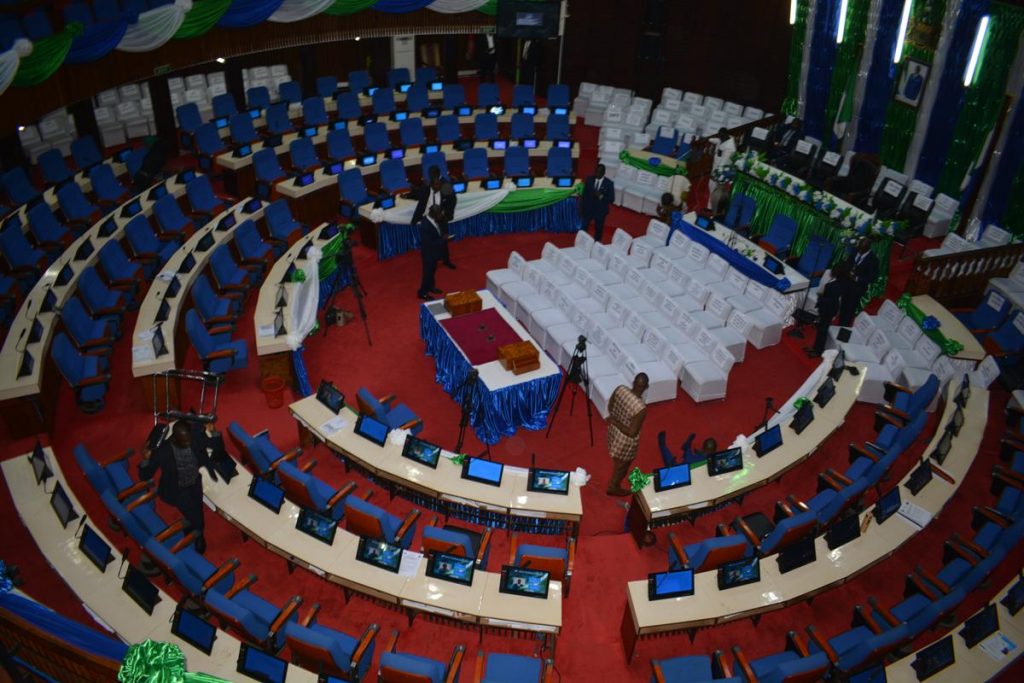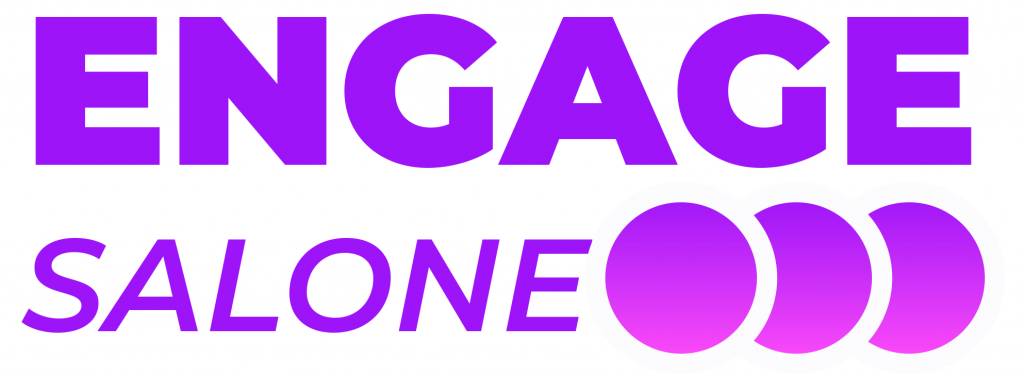We have to talk about the Public Elections Bill. Being a very important piece of legislation with serious implications, as well as a crucial exercise in law-making, the Bill has become the subject of a big debate, eliciting a wide array of opinion.
If we want to be simplistic, we can easily say anything politics divides opinion because there are competing interests. And on the historical level, we can also argue that the African state, as we know it, is what Shaheen Mozaffar calls “an alien imposition” and therefore, its foundations are weak. All of this is true, but what is also quite remarkable is how the debate around the Public Election Bill highlights the nature of our state-society relations.
Public trust in the State, leaders and institutions is probably at its lowest in recent times and people are right to be apprehensive and suspicious, considering the repeated betrayals and broken promises. The political elites’ failure to strike a balance between their preferences and interests, and the demands of the people has been a major contributor to this growing cynicism and lack of trust.
Many bills have quietly gone to parliament and by the time you know it, they were enacted. Even the controversial Cybersecurity law made a suspiciously quiet appearance in parliament, provoking a backlash that warranted MPs to demand more consultation.
Clearly, the changes that the government seeks to make with a new election law go way beyond the Proportional Representation versus First-past-the-post debate that has taken centre stage. It is about a lot more: who votes or runs; who makes those decisions; the powers of the president; and changes to the constitution—in simple terms.
With that in mind, you begin to wonder why the State is rushing to push these changes through, less than a year to elections and in such a chaotic manner. You would also imagine that the State would take a comprehensive approach that is sincere, inclusive and more consultative because of the serious implications the changes would have. And that goes with serious public education which has so far been lacking in this process. The race to pass such a law and without due consultation and the right conditions for its implementation raises serious questions about the intention of the State.
These changes are going to require solid preparations if the transition is to be smooth. They are directly linked to people’s right to vote and be voted for, and the slightest misstep could undermine the elections and easily spark the sort of instability that we all do not wish for. And Sierra Leone is not a sophisticated state that can easily usher in sophisticated changes overnight.
The State’s push for a new election law within such a small window, and just after a very controversial census, raises a red flag. It offers links to the dots, and plays well into the hands of sceptics who suspect that this is part of a grand plan to fix the elections for someone’s desired outcomes. If the leaders are truly concerned about national cohesion; a more representative, effective and inclusive electioneering with modern rules, they would take their time and create a system that is acceptable and actually works. And let us be mindful that legitimacy in politics is not only a matter of law. Acceptance is an important part of it.
And our politicians and lawmakers have been making this mistake since independence—making laws that are politically expedient, forgetting that the corridors of power have a revolving door that constantly ingests and ejects.
Anyway, let’s continue to watch the drama on Tower Hill and whatever you are up to, please take care of yourself and have a nice weekend.
About The Author
- Engage Salonehttps://www.engagesalone.org/author/eng21_admin/
- Engage Salonehttps://www.engagesalone.org/author/eng21_admin/
- Engage Salonehttps://www.engagesalone.org/author/eng21_admin/
- Engage Salonehttps://www.engagesalone.org/author/eng21_admin/


